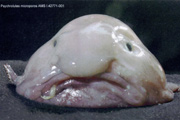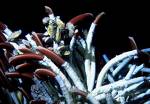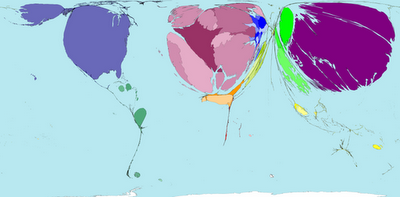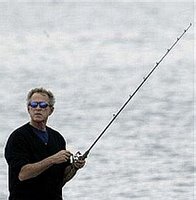I tell my daughter not to be afraid of monsters, so it’s ironic to read in National Fisherman that I am one.
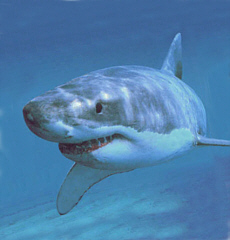
According to featured columnist Nils Stolpe and Editor Jerry Fraser, environmental NGOs are the real enemy of fishermen. Mr. Stolpe finds us guilty of fronting for Big Oil in a battle against fishing, and Mr. Fraser blames us for the New England groundfish crisis (among other evils).
Their remedy for the big, bad, ENGOs is to eliminate us, by fiat or famine. Change the law to put fishermen back in charge, or cut off our funding so that we starve and go away.
I expect better from the leading national magazine devoted to “informed fishermen, profitable fisheries, and sustainable fish.” Fear and isolationist dreams are a poor solution to complex multi-jurisdictional problems.
It seems better to keep talking, even if we’re big and bad and scary. If Reagan could talk to Gorbachev and Nixon could go to China, maybe National Fisherman could host “an enviro talks to fishermen.” I’ll volunteer to write that column.
My suggestion for a few things fishermen might like to hear. What is my vision of the future? Does it include fishing? (Yes.) How can we fix the Gulf of Mexico red snapper fishery? What’s wrong with cod? Who knows, we might find some areas of agreement?!
In fact, I have found areas of agreement with fishermen around the U.S. It’s not all that difficult. Let’s start with our shared goals of abundant fish and sustainable fisheries, and work from there towards the details. Some fishermen have found that we aren’t so scary after all.
The Magunson-Stevens reauthorization bill passed by the Senate this year is an example of working together. Nobody is pleased with everything in the bill, but the bipartisan effort produced a compromise that almost everyone can live with. All thanks to an inclusive process led by Senator Ted Stevens.
With yesterday’s election results, the country seems to be asking for less partisanship and cooperation in problem solving. We may have to debate fisheries issues with a new, divided government. Talking to each other might be a good start. So what do you say Jerry? We’ve talked before about an “Enviro” column in National Fisherman, are you ready to give it a try?
Or, you can follow the advice of Nils Stolpe who told a fisherman friend at a public meeting to “watch out” because “you can’t afford to be seen in public talking to Mark Powell.”
My daughter’s nighttime fears are usually simple, an unfamiliar sound or a scary shadow. Turn on the light and the bogeyman is gone.
 This failure isn't the end, international conservation action is always slow and progress made this year can be used to elevate the issue and spur future action.
This failure isn't the end, international conservation action is always slow and progress made this year can be used to elevate the issue and spur future action.